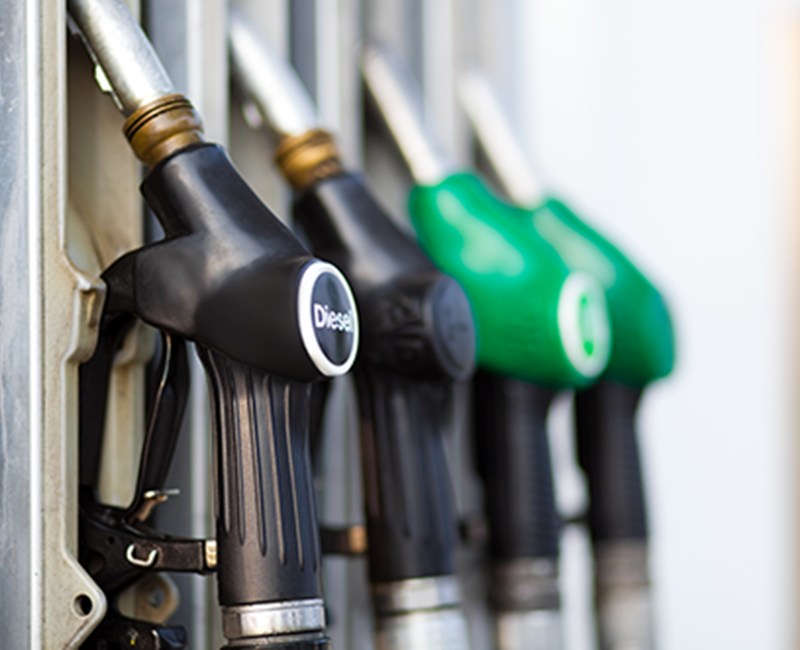Trakm8 recently conducted a study to examine the impact of ethanol levels in petrol fuels on efficiency and cost-effectiveness. The study found that premium fuels with lower ethanol levels deliver approximately 10% more range compared to standard fuels tested.
The UK government has mandated a standard ethanol content of 10% in 95 ron fuels to reduce CO₂ emissions from petrol vehicles. However, this study reveals that increasing ethanol content in fuel reduces its energy density, making it less effective and efficient for consumers.
Premium fuels available in the UK, on the other hand, have retained lower ethanol levels, providing consumers with a more efficient fuel source. In addition to improved mileage, using these fuels offers other advantages such as reducing carbon deposits in the engine and providing cleaning properties. These benefits can help prevent failures of components like fuel injectors, turbochargers, catalytic converters, and keep inlet ports clearer of carbon deposits, especially in vehicles utilising direct injection.
From a cost perspective, using reasonably priced premium fuels for a year at an average of 10,000 miles could save consumers around £80 at the pump. Furthermore, by reducing fuel-related repair bills and decreasing CO₂ emissions by up to or even in excess of 100kg, consumers can contribute to a greener and more sustainable environment.
The study employed a 2018 1.5L automatic BMW 1 series as the test vehicle, driven exclusively in comfort mode with stop-start enabled. The test vehicle had 40k miles on the clock and only ever ran on 95 ron before this testing was conducted. Various driving conditions were documented throughout the test to ensure accurate comparisons. The research team reset the engine control module’s adaptation before each fuel type was tested.
Specific drive cycles were conducted, and comprehensive data on the management of fuel by the vehicle was logged, including ambient air temperature, barometric pressure, injector duty cycle, injection on time, and fuel pump duty cycle.
The study compared three fuel types: E10, E5, and E0, all purchased from locations within a 2-mile radius. Tesco supplied E10 and E5, while Esso provided E0, which was chosen due to its lower ethanol content. The tests included runs at 70 mph on dual carriageways, an uphill test on a gradient hill, and a stop/start test around a block.
Trakm8’s study clearly demonstrates that premium fuels with lower ethanol levels offer significant advantages to consumers. Not only do these fuels provide a more efficient range, but they also lead to potential savings at the pump and reduced CO₂ emissions. By choosing a fuel with lower ethanol content, consumers can optimise their vehicle’s performance, minimise repair costs, and contribute to a cleaner environment.


